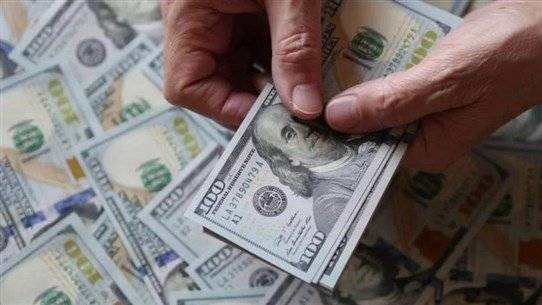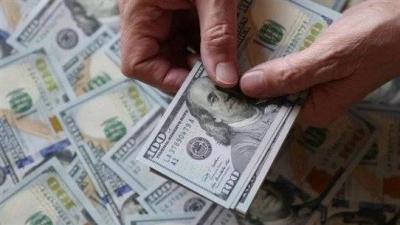Consumers in Lebanon are facing compounded costs, as prices of goods rise gradually almost daily, due to the financial and consumer markets' prior interaction with the officially announced intention to increase the customs dollar price from an average of 1,515 lira to 20,000 lira. Meanwhile, the government is unable to determine the appropriate authority to bear the responsibility for resolving the pending decision, after the Ministry of Finance, until further notice, refrained from completing the task.
It seems that the political hesitation due to the anticipated inflation impacts on imported goods prices, resulting from raising customs duties by 13 times at once, has imposed, according to informed financial sources, a qualitative shift in the approach. Serious discussions have begun to reduce the proposed price range to between 8,000 and 12,000 lira for calculating duties on imports, alongside issuing complete exemptions for all food and vital goods and committing to implementing mechanisms to limit commercial monopoly and smuggling across borders.
In the meantime, the monetary and commercial markets received the proposed customs dollar price as a reality. Speculations on the national currency regained strong momentum in the parallel (non-regulated) markets, raising the trading price of the dollar to around 34,000 lira, with expectations for a wider outbreak if political debates expand and ongoing disruptions continue. This forces the central bank to align with the actual price by raising the dollar price through the "Sayrafa" platform to around 27,000 lira.
Simultaneously, consumption prices surged without distinction between imported and locally produced goods. A field survey by "Asharq Al-Awsat" recorded daily repricing operations in supermarkets and retail stores, with increases exceeding an average of 20% in the past few days, alongside intensified stockpiling operations by importers and traders in anticipation of further price hikes.
The markets are bracing for an additional wave of rising consumption prices due to rising transportation costs and electricity supply fees from private generators, especially given expectations of exceptional increases in fuel prices amid preemptive precautions for the anticipated customs dollar price and the Banque du Liban's move to adopt a new reduction in the 70% share for purchasing "subsidized" dollars through the Sayrafa platform, currently available for importers. This further amplifies the automatic impact of the dollar's price in the parallel markets, in addition to the rise in global oil prices.
A prominent financial official, in a conversation with "Asharq Al-Awsat," pointed out that the leakage of the content of the official letter addressed from Prime Minister Najib Mikati to Finance Minister Youssef Khalil, which included a request to finalize the proposed decree regarding the increase in the customs dollar price after being rejected by the presidency, revealed the actual game of passing the decision and the hidden aspects of "absolving" oneself from carrying its responsibility. This makes the promised decision "orphaned," lacking someone to push it or defend it.
More intriguingly about the ongoing disruptions on the government and political fronts regarding the import dollar, according to the financial official, is that both supportive and opposing positions avoid diving into the core of the issue and its legal and procedural backgrounds. The fundamental issue is the exchange rate of the lira, which is supposed to apply to all expenditure and revenue sections in the state’s general budget, and subsequently in all commercial, monetary, and banking transactions. Therefore, adding any new price to the existing exchange rate set will inevitably deepen the bottom of the comprehensive collapses that the country and its economy are witnessing and expand the circle of poverty that encompasses more than 80% of residents, in addition to fueling the rampant monetary and financial chaos affecting incomes, savings, and purchasing power ceaselessly for three consecutive years.
Strangely enough, according to the financial official, the government itself acknowledged in its negotiations with the International Monetary Fund that the current exchange system is no longer sustainable, having become complicated and distorted due to multiple exchange rates and is subject to misuse due to a lack of transparency and clarity. It subsequently committed to creating a new monetary structure to restore confidence, curb inflation, and reduce the exchange rate, with a transparent mechanism based on the market for determining interest and exchange rates. It indicated that it would unify the exchange rate for declared transactions after transforming the Sayrafa platform into a suitable trading platform for all authorized transactions, with the exchange rate determined on a daily basis.
Additionally, in the government’s commitments, the focus will be on revenue efforts to rebuild the capacity for tax and customs collection through enhanced management and improved tax compliance. Furthermore, the customs tariff on imports will be assessed at the new unified official exchange rate, along with the addition of several other fees, alongside recognizing the necessity of increasing salaries through the allocation of social grants to resume public services that were on the verge of collapse, even though this measure has not made significant progress in mitigating the sharp decline in public sector salaries.




